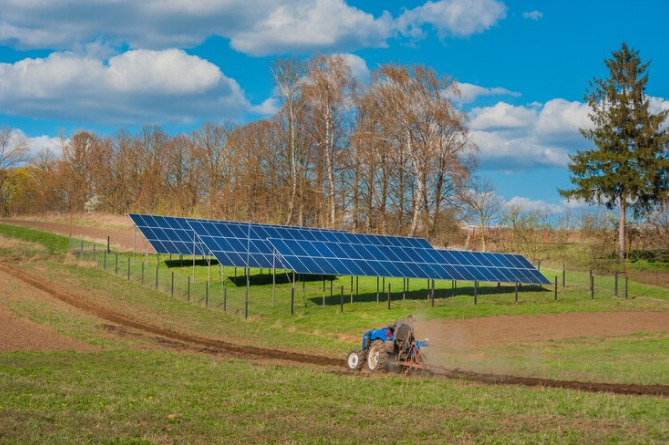

In many rural areas, especially in developing countries, the absence of electricity severely hampers daily life activities and limits economic opportunities. Without access to electricity, tasks as basic as studying after dusk or running small businesses become daunting challenges. Here, solar energy presents a viable and eco-friendly alternative. By harnessing the abundant sunlight, solar installations can provide clean and reliable electricity to even the most remote villages.
The installation of solar panels and associated equipment has become increasingly streamlined and cost-effective, thanks to advancements in technology and growing expertise in the field. Companies like GC Solar & Electric specialize in providing comprehensive solar installation services, ensuring seamless integration of solar energy systems into rural communities. From site assessment to system design and installation, they offer tailored solutions to meet the unique needs of each location.
The deployment of solar energy infrastructure in rural areas not only addresses energy poverty but also stimulates economic growth. With access to electricity, local businesses can flourish, powered by solar supplies that sustainably meet their energy needs. From agriculture to small-scale manufacturing, solar-powered enterprises emerge, creating employment opportunities and driving economic resilience within communities.
Beyond the immediate benefits of rural electrification, solar energy plays a crucial role in mitigating environmental degradation. Unlike conventional fossil fuel-based power generation, solar energy production is clean and renewable, emitting zero greenhouse gases and minimizing ecological impact. By embracing solar technology, rural communities contribute to global efforts to combat climate change and preserve natural resources for future generations.
Solar energy projects not only provide electricity but also empower rural communities to take control of their energy future. Through community-led initiatives and partnerships with local stakeholders, solar installations foster a sense of ownership and self-reliance. Moreover, by decentralizing energy production, solar panels enhance energy resilience, ensuring uninterrupted power supply even in the face of natural disasters or grid failures.
In the journey towards sustainable development, the role of solar energy in rural electrification cannot be overstated. From alleviating energy poverty to promoting economic development and environmental sustainability, solar installations offer a beacon of hope for rural communities worldwide. Companies like GC Solar & Electric are at the forefront of this transformation, providing innovative solar solutions that empower communities and drive positive change. As we continue to harness the power of the sun, let us not only illuminate homes but also illuminate pathways towards a brighter and more sustainable future for all.

